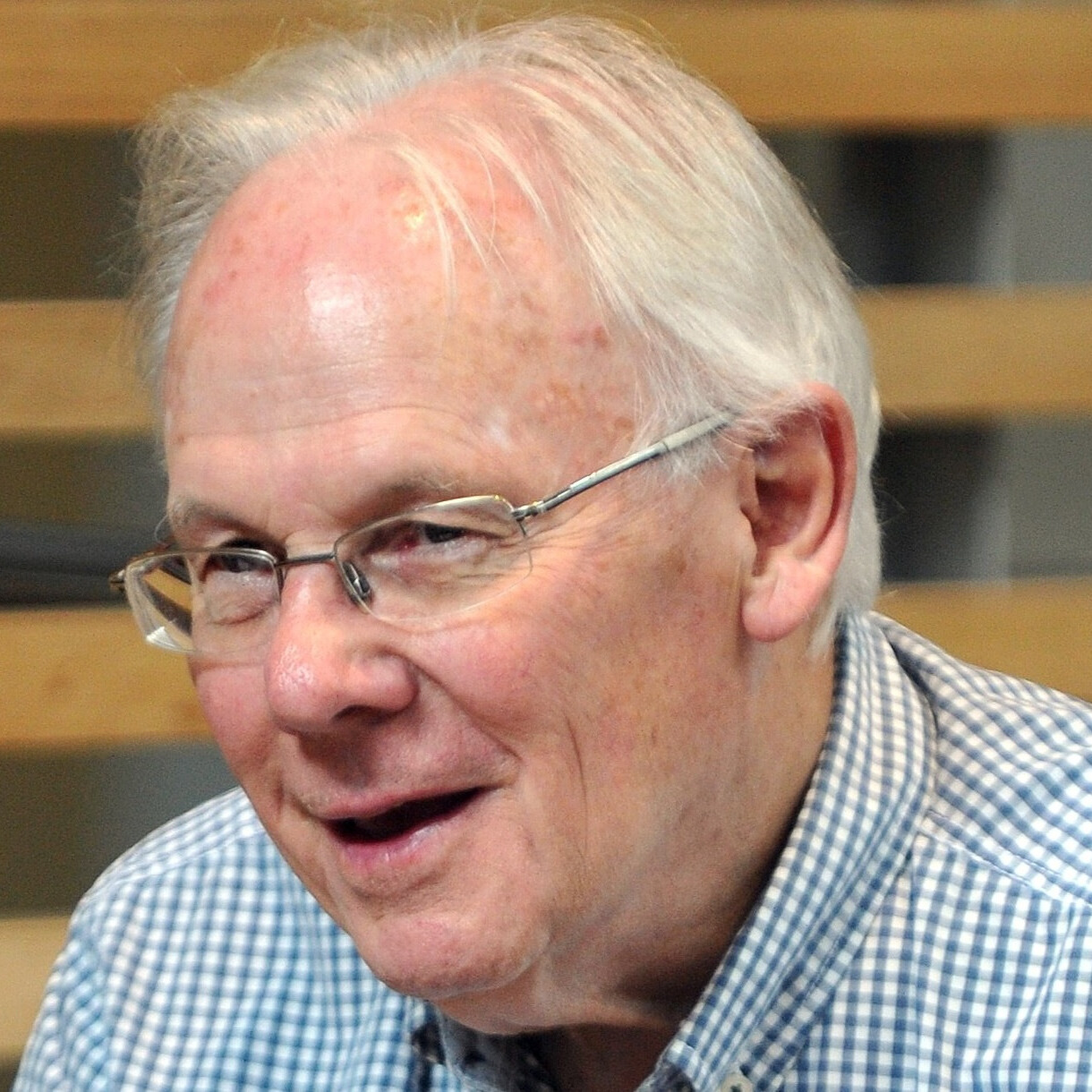Emeritus Professor of Anatomy in the University of Otago
Gareth Jones is Emeritus Professor of Anatomy in the University of Otago, Dunedin, New Zealand. For many years he was Head of the Department of Anatomy at that University, following which he served as Deputy Vice-Chancellor (Academic), and then Director of the Bioethics Centre. The early part of his career was spent at University College London, followed by a number of years at the University of Western Australia.
He has written extensively on the relationship between science and faith, with particular emphasis on bioethical issues in the reproductive technologies and on issues surrounding ways of dealing with the dead human body. His writings on the early stages of human life have taken him into controversial territory, mainly within Christian circles. His 1984 book ‘Brave New People’ was especially controversial, after which he reflected on ways of approaching controversial topics from a biblical perspective in his book ‘Coping with Controversy’.

Coping with Controversy
“Against a background of personal experience of controversy over abortion and the reproductive technologies, and the enormous diversity of central and peripheral beliefs across Christendom, I shall look at the generally accepted beliefs that constitute the core of the historic Christian faith. More contemporary expressions of core beliefs place emphasis on the centrality of Scripture, while some also touch on very specific and contentious beliefs such as the status of the embryo, male headship, and forms of marriage. In seeking to discern how we live with each other I shall concentrate on the importance of unity in the Body of Christ, the centrality of humility, ways of coping with disagreement, the place of judgement, and the necessity that evangelicalism encourages freedom of expression within its ranks.”
D.G. Jones, “Coping with controversy: Conflict, censorship and freedom within evangelicalism,” Perspectives on Science and Christian Faith 40 (1988): 32-41.
Video: Online lecture for Christians In Science (UK), May 2021
‘Coping with Controversy’ – Prof. Gareth Jones. View HERE
Personal experience of controversy … and the theological challenges of conflict
Gareth describes his experience of being labeled a ‘heretic’ over his comments on therapeutic abortion in ‘Brave New People’, published in 1984:
I found that my ‘heretical’ views had earned me notoriety in evangelical circles.
In the eyes of some my views were so dangerous that had to be censored, and they were censored. My book was withdrawn. The censorship was carried out by a few self-appointed guardians of evangelical morality. They conducted a vociferous and a concerted campaign against the book, about me and against the publishers. This occurred 40 years ago, but it has a great deal to teach us about controvery. In many ways the issues have become far more pronounced and more damaging in recent years.
The problem revolves around what I call ‘One issue advocacy’. The problem concentrates on one issue at the expense of all others. So, what is the battle all about?
For Christians, the ultimate cause must be the glory of God. How is God glorified? Is God honoured when we ‘play fast and loose’ with the truth? Is God glorified by an unwillingness to understand other people’s intentions, especially when those other people are our brothers and sisters in Christ?
Here, a rule of thumb is necessary: We are to start by concentrating on our own sinfulness and on the other person’s humanness. As we all know, Jesus had a great deal to say about the folly of judging others. We need humility, and to remember that we all, always, have a great deal to learn from others, particularly those of the household of faith, and particularly those with whom with might disagree on certain matters.
How do we live with each other when we agree over basic theological truths but we disagree over contentious beliefs?
What is unity in the body of Christ?
One issue advocacy makes a peripheral issue into a central one. Doing this replaces Christ from the centre of Christianity. This happened in the early church, and it can happen today with any issue. If we are willing to be separated from fellow believers over a secondary issue, we are claiming that these issues are more important than the work of Christ on the cross.
Even when confronted with notoriously difficult dilemmas, constructive ways forward are possible when we are redeemed and made new in Christ. Constructive ways forward are based always on debate and serious dialogue. The alternative is piously packaged, but ultimately irrelevant, solutions. Intellectual honesty and spiritual integrity are basic ingredients are basic ingredients of a Christian community, and integral to the moral burden placed upon us as Christ’s representatives.

